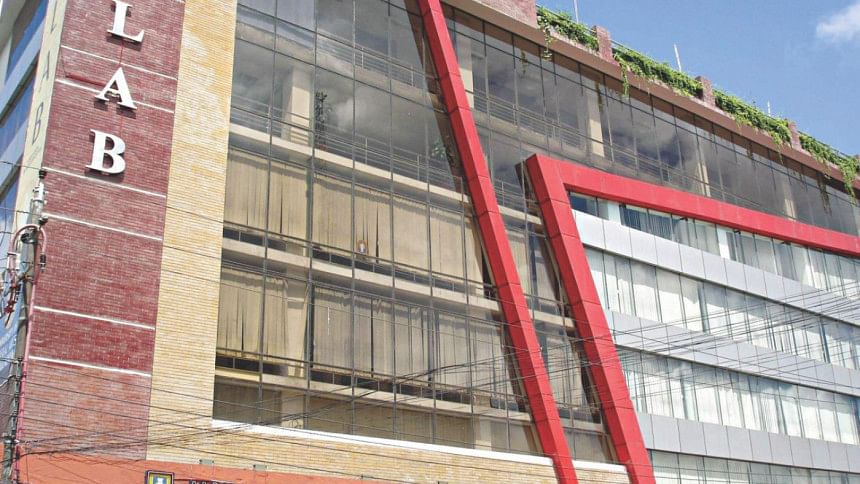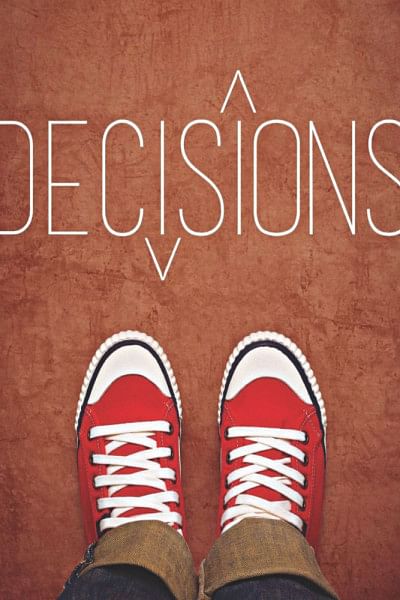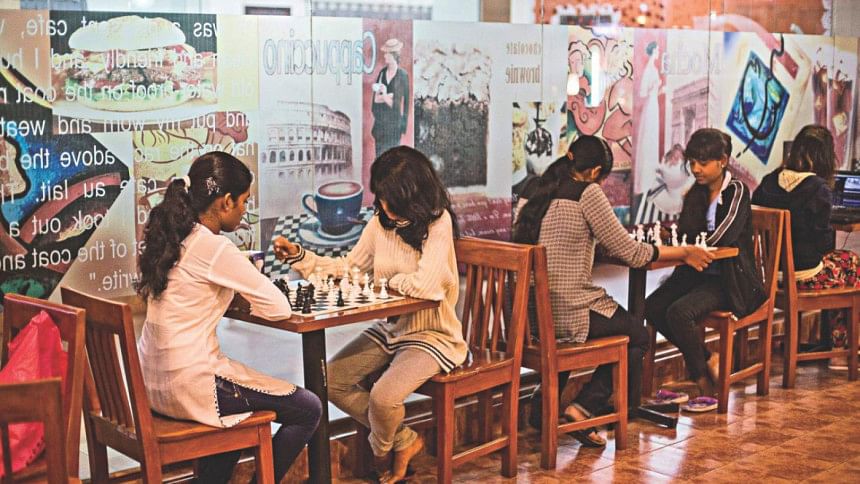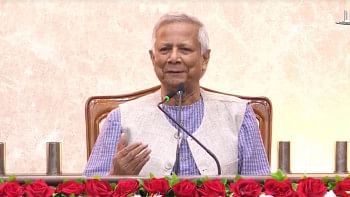Liberal Arts Education: Misconceptions and prospects

Liberal Arts Colleges (LACs) in the US have been attracting young Bangladeshis seeking education abroad for quite some time. But liberal arts education has seen its rise outside the US, and like Hong Kong and Japan, Bangladesh too is witnessing the steady growth of LACs at home – University of Liberal Arts Bangladesh (ULAB) and Asian University for Women (AUW) are two widely known examples.
Evidently, an education in the liberal arts is no novel concept. Although many have heard of it, the specifics of a liberal arts education remain unknown to prospective students and grudging, sceptical parents alike – bringing forth a swarm of misconceptions and myths. Common questions are: What exactly is an LAC? Do their degrees hold any value or provide any real skills? Is an LAC graduate's future actually murky and destined to lead to unemployment?

A little background is in order before we delve into the answers. The history of liberal arts education dates back to ancient Greek and Roman times, stemming from the Latin word "liberalis" meaning "appropriate for free men". A liberal arts education seeks to offer a broad range of study – students are required to take courses in a variety of disciplines such as humanities, mathematics, foreign languages and sciences. This method of study is meant to create well-rounded individuals who have broad knowledge as opposed to strength in one niche field. It's also meant to create critical thinkers and skilled writers.

Students intrigued by the liberal arts in Bangladesh usually turn to either of the two major cities – Dhaka, where ULAB is located, or Chittagong, where the all-women AUW is located. ULAB offers bachelor's and master's degrees in the areas of Arts & Humanities, Business, Social Sciences, and Science & Engineering. AUW offers various undergraduate majors and minors such as Economics and Public Health Studies. Their undergraduate curriculum consists of a major, an optional minor, and elective courses. Students also have to take courses in Social Analysis, Ethical Reasoning, Literature, Civilization Studies, Science and Mathematics and more.
A big advantage of a liberal arts education is the small class size and the low teacher-student ratio. This advantage allows students to interact with their professors both in and out of class and thus, make the best out of one's undergraduate experience.

Nazia Rahman from AUW says, "I have never been a good fit for large classrooms. But here at AUW, the small classrooms and the opportunity to communicate with teachers on such a level has helped me personally develop myself as a learner."
Both AUW and ULAB have generous aid policies for students. ULAB has a number of scholarships and financial aids available for students of all backgrounds and qualifications. There is up to 100 percent tuition scholarship for students with excellent results, which is not provided by many institutions.
Another reason why liberal arts colleges at home and abroad have started to stand out from others is the way they allow students to explore different subjects from different disciplines, instead of delving into one particular major.
Shamael Ahmed, a first year student at AUW is fascinated by this system for this very reason. She says, "After school, I wasn't sure about what I wanted to study further. The idea of making such a crucial decision so early in life, without exploring too many subjects, was rather daunting.

Luckily, the liberal arts system allows students a taste of diverse subjects in small amounts, giving us time to think about what we actually want to do with our lives. For example, my courses this semester are Calculus 1, Intro to Ethical Reasoning and Intro to Humanities, which are often prerequisites for studying Economics, Political Science and Philosophy, respectively. We get to study the basics first and make a well thought out decision while choosing a major after our first year."
However, myths and misconceptions are plenty. Graduates from liberal arts colleges in Bangladesh and abroad have been debunking myths about the value and job prospects associated with this education system time and again.
Nazmus Saquib, who graduated from Bard College (an LAC) and is now a PhD student at MIT, says, "There are many dots that I can connect for many projects I have accomplished, the roots of which started in an LAC setting. In general, if I lacked in a few advanced science/math courses, I could take classes in graduate school to make up for it. However, the courses and discussions in an LAC provided me with important perspectives that formed the backbone of all kinds of research I pursued. It gave me bird's eye view of science and society. I learned to think, read, and write critically in an LAC – a form of literacy that I thought I already had, but I (gladly) found I was wrong."
While more students are readily approaching liberal arts education now, there are still lots of questions to be answered and various perspectives to be considered. The much debated topic of how LACs are not good enough for technical subjects is one that often stirs confusion among prospective undergrads. Regarding this, Shifti Shami Kamal, who is studying International Relations at Sweet Briar College (an LAC), says, "I think universities are more career based and LACs are more skill based. Liberal arts colleges help you develop yourself and they encourage you to explore your options. But universities provide outright training to students to be ready for jobs after graduation."

It's not just the system, or the material being taught, it's also the mind-set of the educators, and the way the institution shapes its students.
Professor Shamsad Mortuza, Head of English and Humanities at ULAB, believes, "Liberal arts teaches you to be critical, to be creative, to shape ideas on your own, and to express in a professional manner. It allows your intellect to be put to broad use. You learn to read the world as a text, and add your own voice to it."

Referring to the differences in liberal arts degrees, Adiba Raisa, a graduate of ULAB, says, "I agree with the core concept of liberal arts – that the human mind is capable of learning more than just one subject. In today's job market you have to be versatile and I believe my liberal arts degree has given me more flexibility and more options career-wise. I have a degree in English Literature but minors in Journalism and Sustainable Development from ULAB. Since I have both journalistic knowledge and strong language skills, I was directly appointed as a sub-editor at a news agency where people with just a journalism degree usually start as a reporter or feature writer instead."

Liberal arts education is the epitome of engaged learning. That being said, at the end of the day, it all depends on what kind of student you are and where you see yourself after graduation; an institution can only change your perspectives and make you the person you want to be as long as you are willing to accept that change and learn wholeheartedly.

Mashiat Lamisa is often seen frowning at the sight of people who dislike poetry and tomatoes. She can be reached at [email protected].
Salma Mohammad Ali fears she is becoming a crazy cat lady and uses writing as a means to grasp on to sanity. Send her your views/hate/love at fb.com/salma.ali209

 For all latest news, follow The Daily Star's Google News channel.
For all latest news, follow The Daily Star's Google News channel. 



Comments